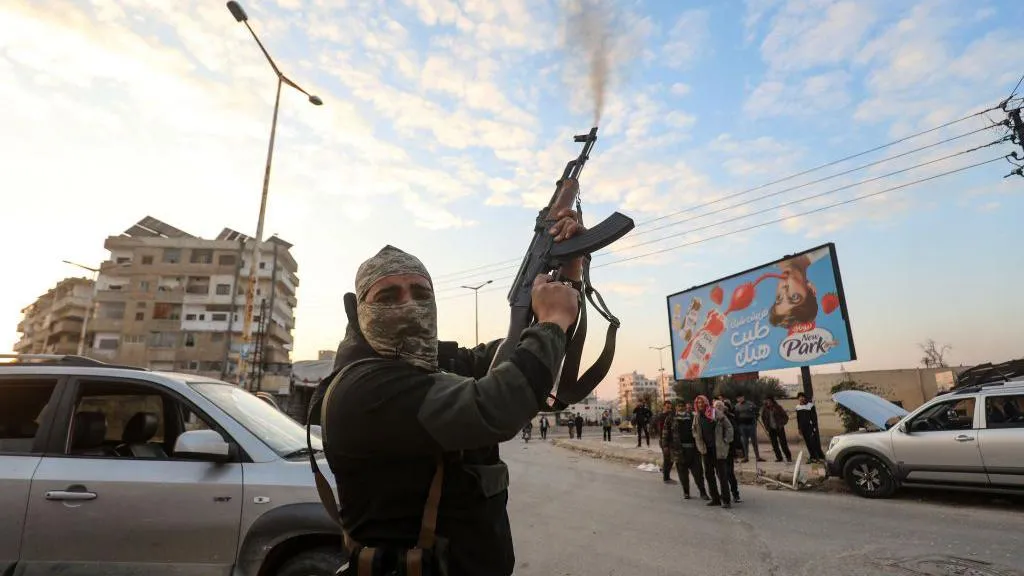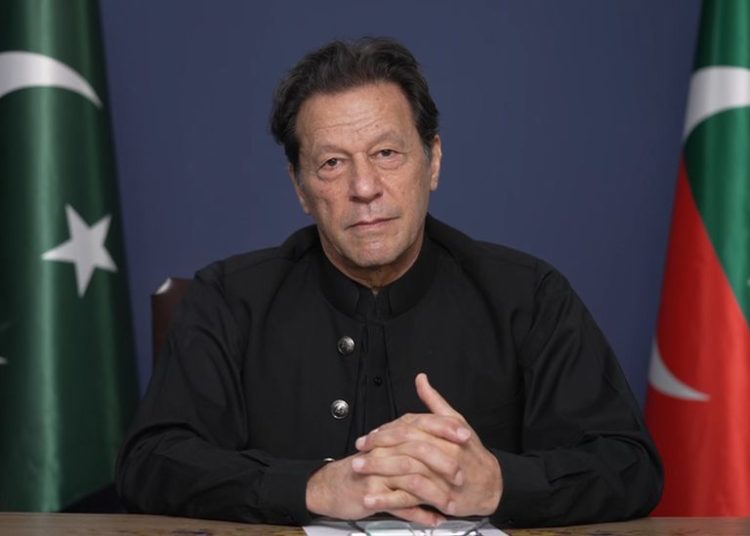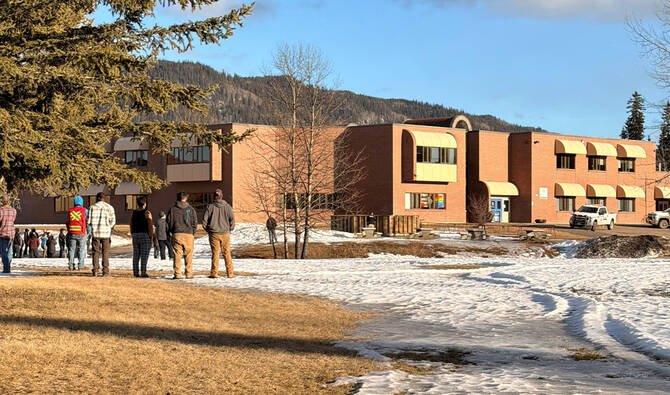Following the unexpected overthrow of Syrian President Bashar al-Assad, opposition groups in the country have begun steps toward establishing a transitional government to restore order after years of civil war. This comes after a surprising and swift change in power, which took place over the span of just 12 days following a 13-year stalemate in the ongoing conflict.
Diplomats at a United Nations Security Council meeting on Monday expressed astonishment at Assad’s rapid ouster. Russian UN Ambassador Vassily Nebenzia stated that the situation has caught everyone by surprise, and further developments need to be closely monitored.
Assad, who fled to Moscow on Sunday, brought an end to more than five decades of rule by his family. Amid continued celebrations in Damascus, Assad’s prime minister, Mohammed Jalali, agreed to transfer power to the rebel-led Salvation Government, which has been operating in northwest Syria. Discussions about the handover were held between rebel commander Ahmed al-Sharaa (Abu Mohammed al-Golani), Jalali, and Vice President Faisal Mekdad, with the transition expected to take several days.
The new transitional authority will be headed by Mohamed al-Bashir, leader of the Salvation Government. This shift in power, led by the rebel alliance Hayat Tahrir al-Sham (HTS), marks a significant turning point in the Middle East after a devastating civil war that has resulted in massive casualties and a refugee crisis.
Despite the transition, the rebel groups have not yet outlined a clear plan for Syria’s future, leaving the country’s path forward uncertain. There are concerns over the potential for further instability in the region, and oil prices rose as a result of fears about Syria’s uncertain future.
Regional diplomatic efforts are underway, with the US engaging with Syrian rebel factions and Turkey, and Qatar reportedly in talks with HTS. The international community is focused on finding a governing body in Syria that respects the rights of its people.
In the meantime, signs of recovery are emerging. Syria’s banks are set to reopen, and oil ministry employees are returning to work with safety measures in place.
HTS has vowed to rebuild Syria, promising accountability for those responsible for war crimes during Assad’s rule, and has made efforts to improve its image. However, concerns remain about reprisals and the uncertainty surrounding HTS’s role as a governing authority, given its terrorist designation by many countries.
















